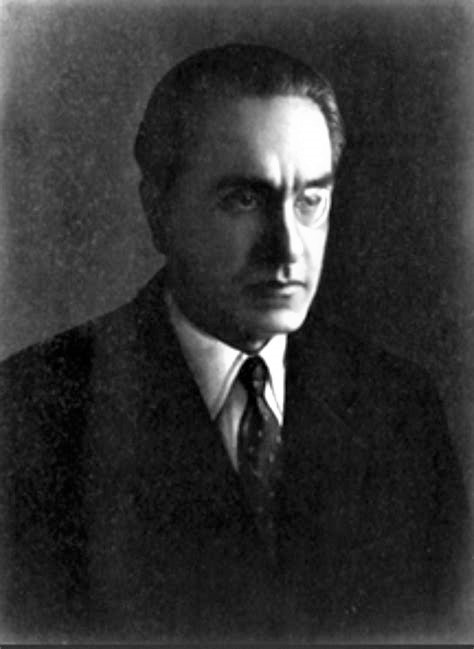Julius Evola
 Giulio Cesare Andrea "Julius" Evola (; 19 May 1898 – 11 June 1974) was an Italian far-right philosopher. Evola regarded his values as traditionalist, aristocratic, martial, and imperialist. An eccentric thinker in Fascist Italy, he also had ties to Nazi Germany; in the post-war era, he was an ideological mentor of the Italian neo-fascist and militant Right.
Giulio Cesare Andrea "Julius" Evola (; 19 May 1898 – 11 June 1974) was an Italian far-right philosopher. Evola regarded his values as traditionalist, aristocratic, martial, and imperialist. An eccentric thinker in Fascist Italy, he also had ties to Nazi Germany; in the post-war era, he was an ideological mentor of the Italian neo-fascist and militant Right.Evola was born in Rome. He served as an artillery officer in the First World War. He became a Dada artist but gave up painting in his twenties. He said he considered suicide until he had a revelation while reading a Buddhist text. In the 1920s he delved into the occult; he wrote on Western esotericism and of Eastern mysticism, developing his doctrine of "magical idealism". His writings blend various ideas of German idealism, Eastern doctrines, traditionalism and the interwar Conservative Revolution. Evola believed that mankind is living in the ''Kali Yuga'', a Dark Age of unleashed materialistic appetites. To counter this and call in a primordial rebirth, Evola presented a "world of Tradition". Tradition for Evola was not Christian—he did not believe in God—but rather an eternal supernatural knowledge with values of authority, hierarchy, order, discipline and obedience.
Evola advocated for Fascist Italy's racial laws, and eventually became Italy's leading "racial philosopher". Autobiographical remarks by Evola allude to his having worked for the ''Sicherheitsdienst'', or SD, the intelligence agency of the SS and the Nazi Party. He fled to Nazi Germany in 1943 when the Italian Fascist regime fell, but returned to Rome under the puppet Salò government to organize a radical-right group. In 1945 in Vienna, a Soviet shell fragment paralysed him from the waist down. On trial in 1951, Evola denied being a fascist and instead referred to himself as "" (). Concerning this statement, historian Elisabetta Cassina Wolff wrote that "It is unclear whether this meant that Evola was placing himself above or beyond Fascism".
Evola has been called the "chief ideologue" of Italy's radical right after World War II, and his philosophy has been characterized as one of the most consistently "antiegalitarian, antiliberal, antidemocratic, and antipopular systems in the twentieth century". Writings by Evola contain misogyny, racism, antisemitism, and attacks on Christianity and the Catholic Church. He continues to influence contemporary traditionalist and neo-fascist movements. Provided by Wikipedia
